Spring Gardening Guide: Dog-Safe & Unsafe Plants
Spring Gardening Guide: Dog-Safe & Unsafe Plants
As spring arrives and gardens burst into life, pet parents often find themselves contemplating which plants to include in their outdoor spaces. While the allure of colorful blooms is undeniable, it's essential to prioritize the safety of our canine companions. Understanding which plants are safe for dogs and which can pose risks is crucial for creating a pet-friendly garden sanctuary.
Dog-Safe Plants
Snapdragons:
These whimsical flowers add a playful touch to any garden and are safe for dogs. Snapdragons come in various colors and can grow in full or partial sun.
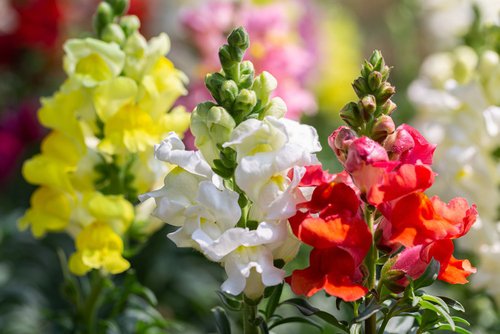
Asters:
Safe for dogs, asters are a perenniel flower loved for their daisy-like blooms in shades of blue, purple, and pink.
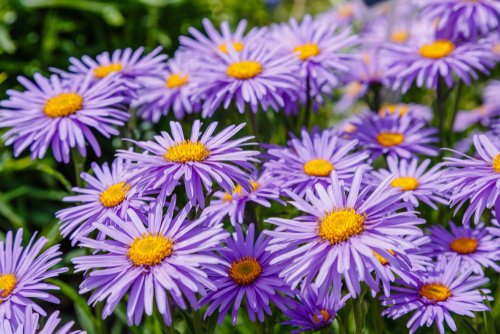
Roses:
These classic flowers are safe for our canine companions - but watch out for their thorns!
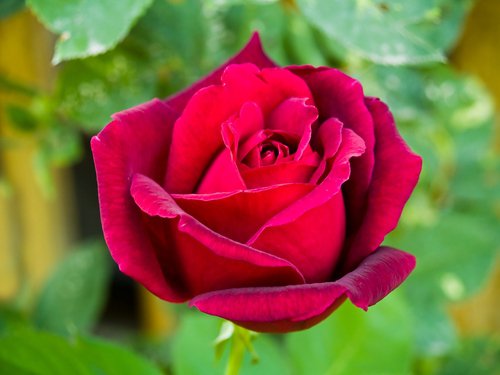
Impatiens:
Also known as Buzzy Lizzies, impatiens are popular annuals due to their vibrant blooms and shade tolerance.
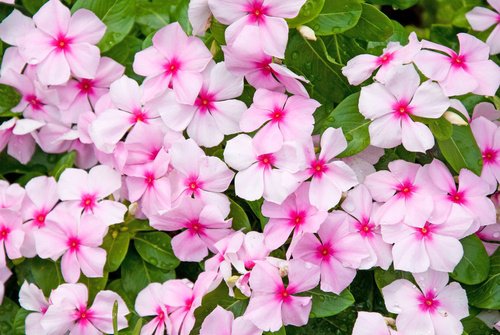
Irish Moss:
Looking for a natural ground cover option that's also dog-safe? Irish moss thrives in full or partial sun and sprouts little white flowers in spring and summer.
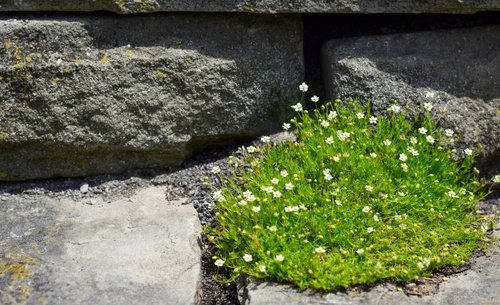
Unsafe Plants for Dogs
Lilies:
Lilies are toxic to dogs and can cause vomiting, diarrhea, and loss of apetite. Even small amounts can be harmful, so keeping these flowers out of reach of your canine companion is essential.
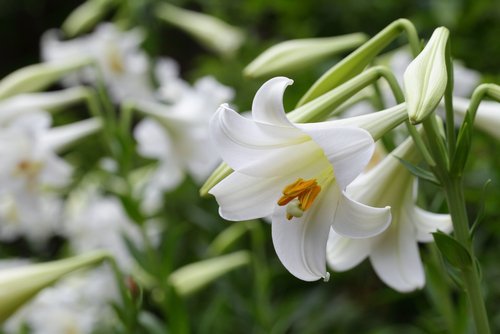
Tulips:
While tulips add a burst of color in spring gardens, they contain toxins that can cause vomiting, diarrhea, drooling, or more severe reactions like difficulty breathing if consumed. The bulbs are especially toxic if ingested.
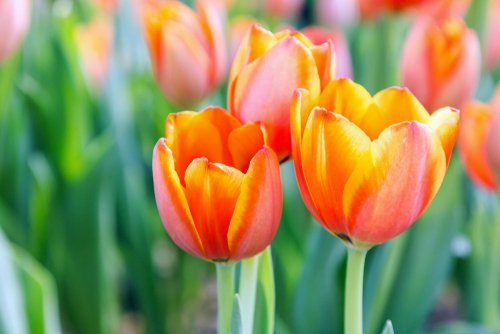
Daffodils:
Daffodils are another common spring flower that can pose risks to dogs if ingested. These plants contain toxins that can cause symptoms such as vomiting, diarrhea, and abdominal pain.
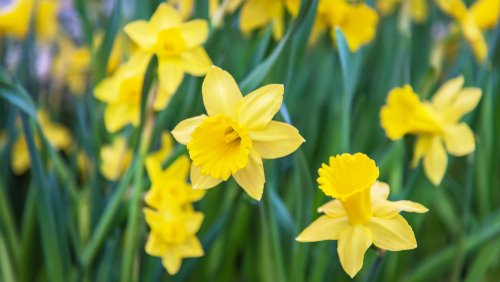
Hyacinths:
Hyacinths are prized for their fragrant blooms but contain compounds that can be very toxic to dogs. While hyacinth bulbs have the highest concentration of toxins found in the plant, ingesting any part of the hyacinth can lead to symptoms such as drooling, vomiting, and seizures.
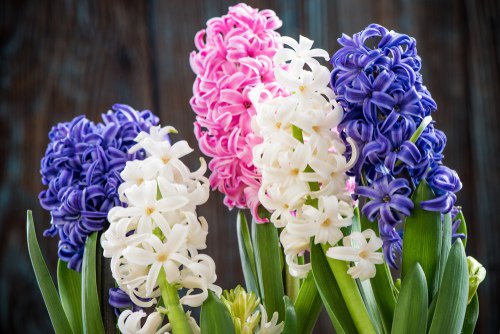
Foxglove:
While foxglove adds height and drama to gardens with its tall spikes of bell-shaped flowers, it's highly toxic to dogs. Ingesting any part of the foxglove plant can cause symptoms ranging from gastrointestinal upset to heart problems - and can even be fatal.
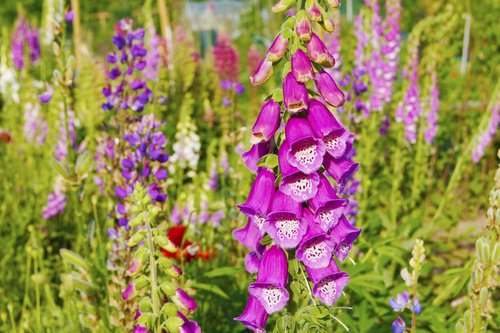
If you suspect your pet has ingested toxic plants, contact your vet immediately. If you can, bring a part of the plant to the vet's office; this will help them identify the best course of treatment.
Creating a dog-friendly garden involves carefully selecting plants that are safe for your canine companion while avoiding those that can pose risks to their health. By incorporating dog-safe plants into your outdoor space, you can create a safe place both you and your furry friend can enjoy throughout the springtime and beyond.
Lost or Damaged QR Tag?
Order a replacement today.
